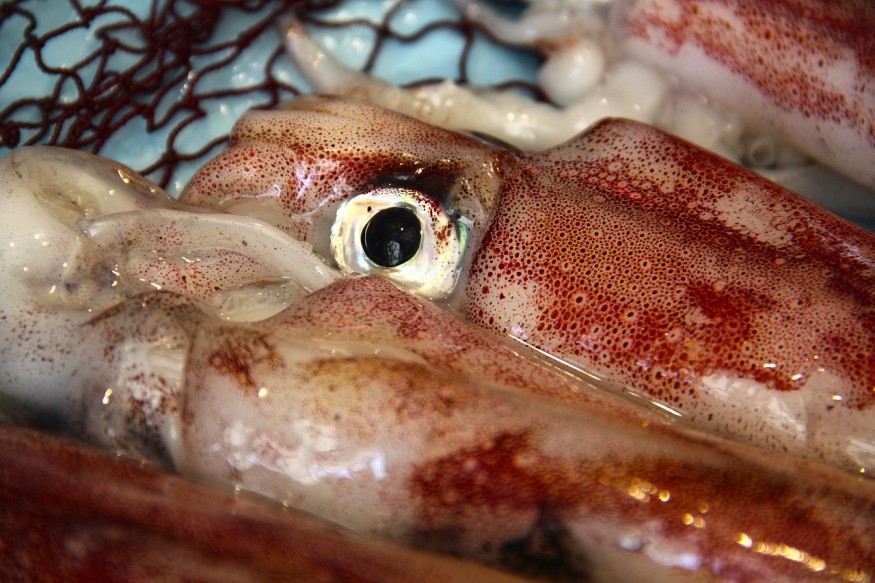Fishermen in Lynn Canal, Alaska, noticed that the population of king salmon has been declining over the years. Meanwhile, the number of magistrate squid in the area has been increasing. That led them to believe that the squid could be eating juvenile salmon. They are now thinking of starting a squid fishery due to the abundance of magister squid in the area.
Squids play an important role in ecology, especially as a component in marine food webs. But scientists know so little about the predatory behavior of magister squid, which is believed to have contributed to the decline of salmon in Alaska. As fishermen venture into squid fisheries, they aim to learn more about the species for effective management.

Predatory Role of Magister Squid in Alaska: Fishermen Looking Into Squid Fishing Due to the Decline of Salmon
King Salmon Decline in Population Concides to the Decline of Adult Herrings
Richard Yamada, a fisherman for 40 years, has been looking for ways to reduce the impact of the declining population of salmon on his business. He observed that the influx of magister squid in the northern passage of Lynn Canal might have caused the decline of the population of king salmon, Chilkat Valley News reported.
He said that 15 years ago, he did not have any interest in magister squid since it was a new species in the area at that time. But around five or six years ago, he and colleagues were able to catch 100 squids within three hours and it happened again a couple of times.
Soon, he added squid fishing to his fishing options and contacted Leon Shaul, a retired Alaska Department of Fish and Game researcher. The pair wondered whether the squid could be eating juvenile salmon. They added that the decline of salmon also coincided with the decline of adult herrings that other biologists have been investigating.
Shaul said the changes were "pointing to a predator," suggesting the predatory activities of the magistrate squid. He explained that the decline of adult herring inside waters across all age classes, even with high body conditions, is consistent with a predator. He added that the warm waters linked with "the blob" and the warming Pacific Ocean could have caused the increase in the magister squid population.
Yamada believes that a squid fishery will not only benefit fishermen but might also cut back on salmon declines. He added that solving the issue would help sport their fishery.
ALSO READ : Deepest Dwelling Squid at 19,000 Feet Below Sea Level Revealed to Subsea Explorers on Shipwreck Dive
Predatory Role of Magistrate Squid
Squids belong to the cephalopod mollusks and are considered to be highly specialized and organized, according to a 2011 paper in GOA Squid. They are active predators that swim by jet propulsion and could reach a speed of up to 40 km/hr, making them the fastest aquatic invertebrate.
In a 2010 study, titled "Predatory Role of the Commander Squid Berryteuthis magister in the Eastern Bering Sea: Insights From Stable Isotopes and Food Habits" published in Inter-Research Science Publisher, researchers discussed the impact of the predatory role of magister squid in the eastern Bering Sea (EBS).
Researchers found that the magister squid in the EBS food web increased by approximately 1 trophic level. They are more likely to prey on commercially valuable fishes, such as the walleye pollock Theragra chalcogramma. They also found substantial variability in squid feeding patterns that were not detected on the timescales of conventional analysis. Both findings gave scientists a better understanding of the ecological role of magister squids.
Watch how squid eats fish in the video below.
RELATED ARTICLE : Record-Breaking Giant Squid Caught in Hawaii, Fisherman Says It Can Make About 100 Plates of Calamari
Check out more news and information on Marine Biology in Science Times.
© 2025 ScienceTimes.com All rights reserved. Do not reproduce without permission. The window to the world of Science Times.












